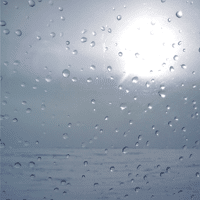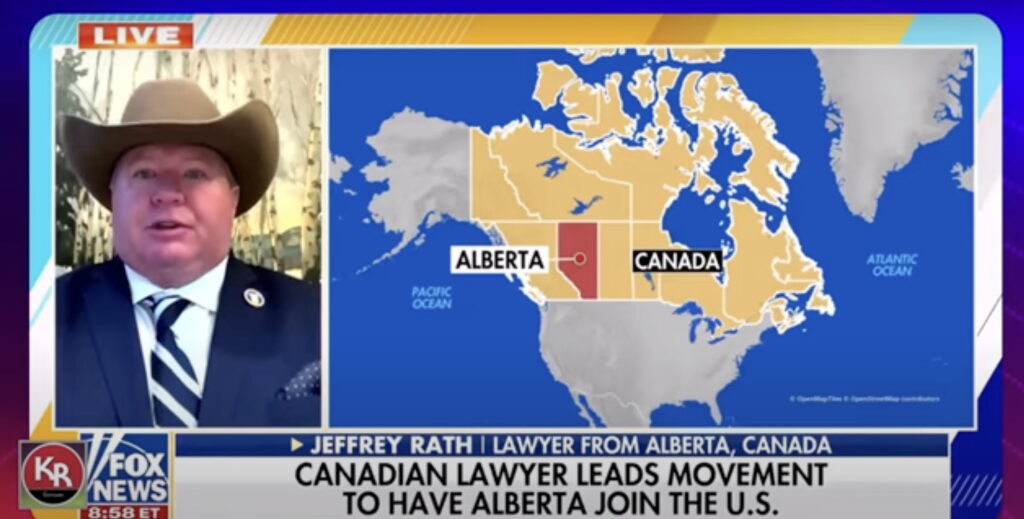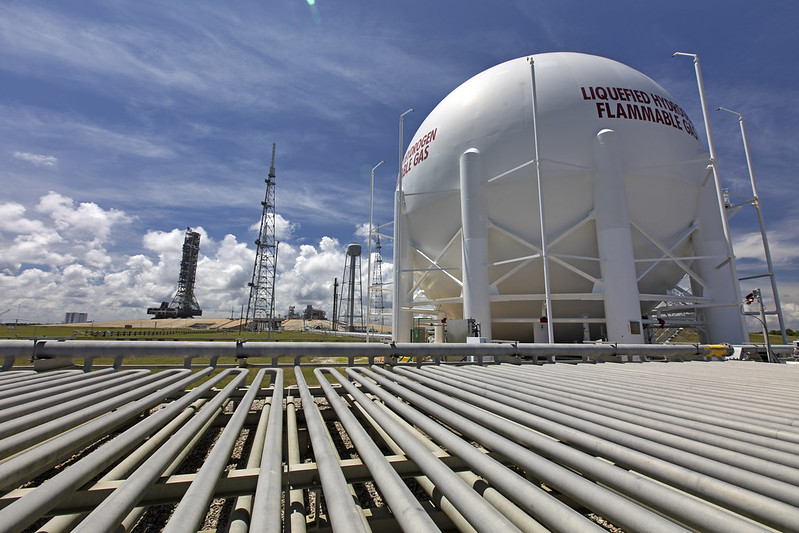While the Gulf of Mexico continues to choke on oil from a man-made disaster, the Arctic is experiencing another form of man-made onslaught thanks to climate change.
Late last month, British explorers hiking in the Canadian Arctic reported that their ice base off Ellef Ringnes Island had been hit by a three-minute rain shower. A team of Canadian scientists camped about 145 km west also reported being hit by rain at the same time.
Pen Hadow, the British team’s expedition director, told Reuters, “It’s definitely a shocker … the general feeling within the polar community is that rainfall in the high Canadian Arctic in April is a freak event.”
Hadow, whose team is gathering data on the effects of climate change on the Arctic Ocean in the Catlin Arctic Survey, said that “scientists would tell us that we can expect increasingly to experience these sorts of outcomes as the climate warms.”
But the group was not expecting such a sudden reminder of the consequences of a warming Arctic.
Ice base manager Paul Ramsden said, “It is obviously quite worrying when you are camped out on ice. I felt distinctly nervous for a while because the consequences of getting wet here can be serious.”
And the rain isn’t the only indicator that things are out of whack in the North.
Reuters reports:
“Hadow said the team carrying out the carbon dioxide experiments had noticed that ice was abnormally thin and was moving around more than they expected. The winds were stronger than usual.”
Tyler Fish, another team member, told CBC that “We worry that if it’s too warm maybe some of the scientific samples will start to thaw … or the food will get too warm and spoil.”
“We have been told there will be more unpredicted events like this as the climate of the region warms. Our team up there have already reported many locals people at Resolute have also been commenting on the unusual warmth of the winter this year,” Pen Hadow added.
The Arctic is heating up three times more quickly than the rest of the Earth, and scientists have linked the higher temperatures to global warming pollution.
Scientists working in the Arctic say the thick multiyear ice covering the Arctic Ocean has essentially vanished, and U.S. data shows the 2009 ice cover was the third-lowest on record, after 2007 and 2008.
David Phillips, senior climatologist with Environment Canada, described the freak rain in the High Arctic in April as “really bizarre,” noting that 50 to 60 years of historical weather data show no signs of rainfall ever occurring in April in the High Arctic.
“My business is weird, wild and wacky weather, and this is up there among fish falling from the sky or Niagara Falls running dry,” Phillips told CBC News.
Subscribe to our newsletter
Stay up to date with DeSmog news and alerts







